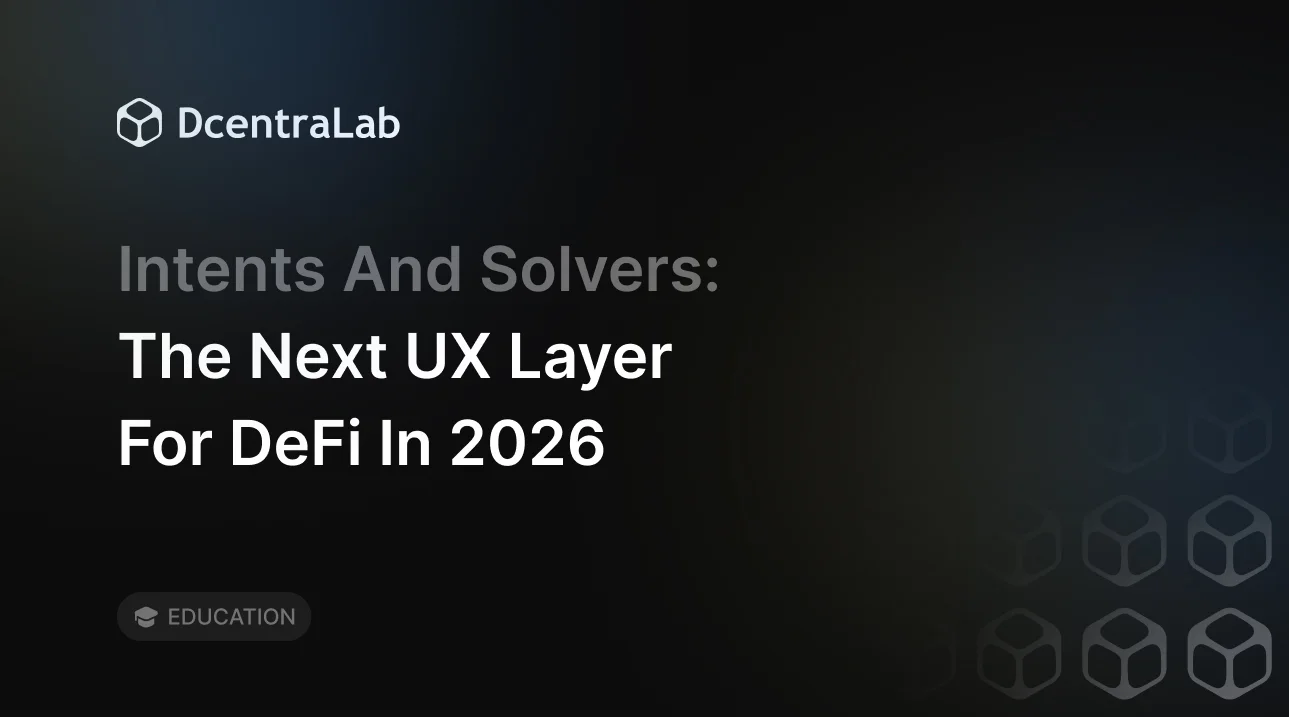Risks and Considerations in DeFi Investing

tl;dr
- DeFi, short for Decentralized Finance, aims to recreate traditional financial systems on decentralized networks
- It encompasses borrowing and lending, DEXs, staking, insurance, and blockchain bridges.
- DeFi draws enthusiasts with high APRs or APYs and the potential for rising token values.
- Volatility is a defining feature, with extreme price and yield fluctuations.
The Allure of DeFi
DeFi, short for Decentralized Finance, is a rapidly growing sector within the blockchain industry that seeks to recreate traditional financial systems on decentralized networks. While DeFi can be traced to Ethereum’s origins, it has grown wildly in popularity since 2019. DeFi has encompassed a wide range of protocols, including borrowing and lending, DEXs, staking, insurance, and even blockchain bridges like ChainPort.
Many crypto enthusiasts are drawn to DeFi by its promise of high APRs or APYs and potential for rising token values, which fluctuate based on the prevailing narrative and market cycles. Despite DeFi’s glamour, there are plenty of risks associated with this particular sector that we will cover in this article.
Volatility in DeFi
Volatility is a defining feature of DeFi, where both price and yield fluctuations can be extreme. Cryptocurrencies, including DeFi tokens, often experience sharp price swings. For instance, Bitcoin lost over 50% of its value in May 2021, dropping from $60,000 to under $30,000. Smaller tokens like COMP, used for governance on Compound, saw a 600% surge within days after its June 2020 launch.
Yield volatility is also prevalent, with annual percentage yields (APYs) on DeFi lending and yield farming fluctuating dramatically. This instability often correlates with the total value locked (TVL), which dropped from $180 billion in 2021 to under $40 billion in 2022.
Smart Contract Vulnerabilities in DeFi
As DeFi protocols tend to have a large TVL or total value locked provided by users, they are also a target for hackers. Smart contract vulnerabilities have been a significant challenge in DeFi, leading to major exploits with widespread consequences.
One of the most notable incidents was the 2016 DAO hack, where an attacker exploited a flaw in The DAO’s code, siphoning off 3.6 million Ether (worth around $60 million). This event led to Ethereum’s controversial hard fork, creating two separate blockchains: Ethereum (ETH) and Ethereum Classic (ETC). The hack also drew regulatory attention, as the SEC ruled that DAO tokens were securities.
Another high-profile case occurred in August 2021 when hackers exploited a vulnerability in Poly Network, stealing over $600 million in cryptocurrencies, marking one of the largest DeFi hacks in history. These incidents highlight the inherent risks of interacting with smart contracts in DeFi, as vulnerabilities can lead to significant financial losses.
To minimize risks, users are strongly urged to only engage with fully audited DeFi protocols and be aware of the security measures in place.
Regulatory Concerns in DeFi
Regulatory concerns in DeFi are an issue, especially in the U.S., where the SEC often classifies DeFi protocols as securities, increasing scrutiny on their operations. This regulatory uncertainty creates challenges for DeFi projects and users based in the U.S.
The tide may be turning in the United States, however. Currently, Donald Trump appears to be launching a DeFi project, and many expect looser regulation if he is elected.
In contrast, other parts of the world, including regions in Europe and Asia, have clearer and more favorable regulations toward the web3 ecosystem, including DeFi.
The Bottom Line
While DeFi can offer significant profits, it requires a high level of technical expertise beyond simply buying and holding tokens. Participants need to understand complex mechanisms like smart contracts, liquidity pools, and yield farming to avoid costly mistakes. It's also crucial to avoid participating in any DeFi protocol that hasn’t undergone a thorough smart contract audit, as vulnerabilities can lead to catastrophic losses.
Those unfamiliar with the intricacies of DeFi risk losing their investment due to volatility, scams, or poorly constructed protocols.


%20Payments.webp)
